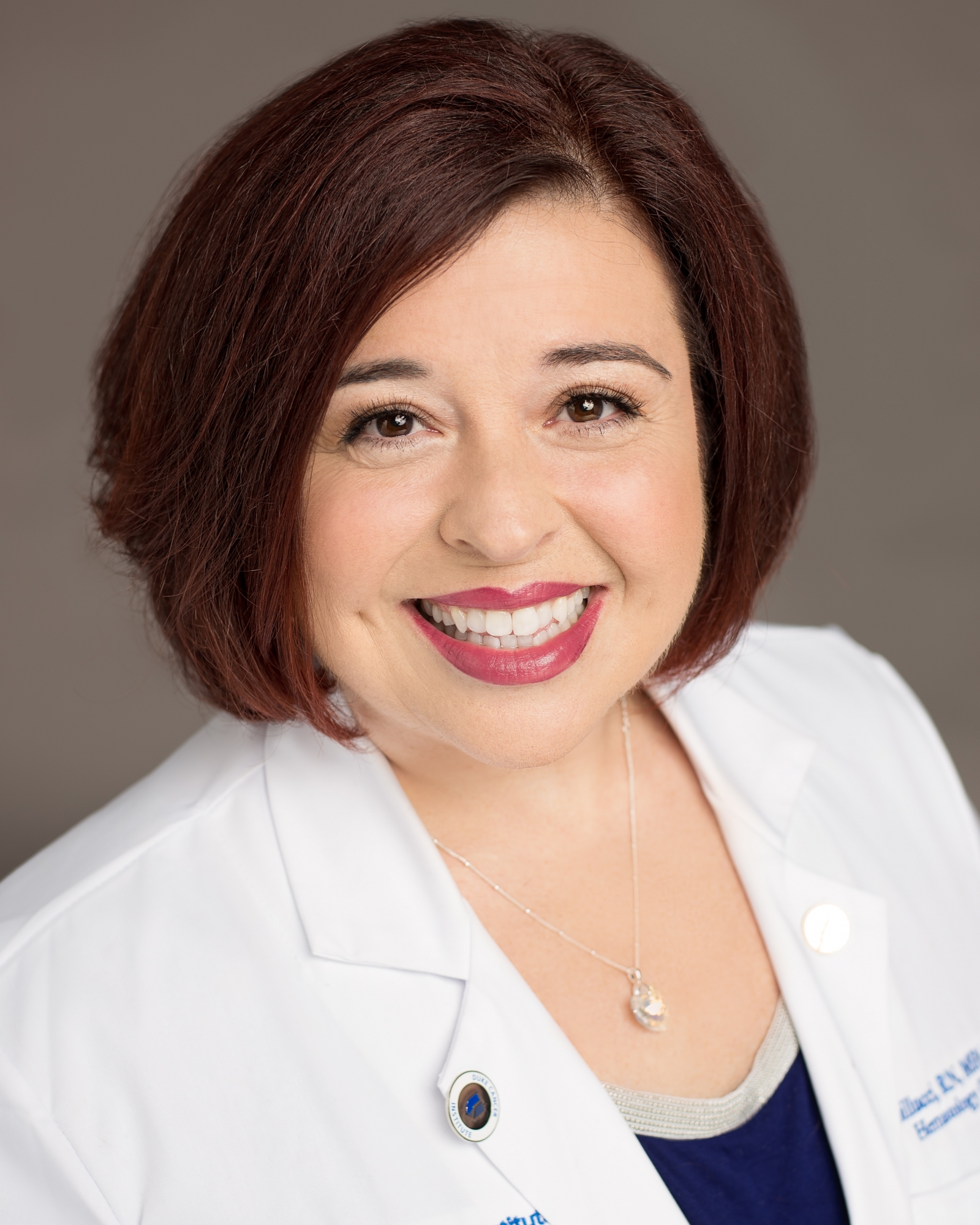Presentation ID #05: Click here to view presentation.
Abstract: Opportunities to discuss options for care when faced with a life limiting disease is the right of all patients. Yet, healthcare provider feelings of awkwardness, fear of diminishing hope, and fear of failing to cure can result in missed opportunities to explore what patients really want for end-of-life care. Because these Goals-of-Care Discussions are not occurring, patients often receive unwanted and expensive care. The purpose of this quality improvement project was to evaluate the effect of education on oncology providers’ self-efficacy for Goals-of-Care Discussions, and to explore barriers and opportunities to promote completion of earlier Goals-of-Care Discussions. Two white board scribe videos were created to educate providers and for consideration for future use to show patients as an ice breaker to begin these difficult conversations. The sample included 66 Oncologists, Nurse Practitioners, and Physician Assistants from a large academic cancer center in the southeast United States. A Wilcoxon Signed Rank test showed a statistically significant immediate improvement in the oncology provider’s self-efficacy after viewing the videos (p<.001). Thematic analysis revealed 5 themes: lack of sufficient clinic time, provider comfort level, documentation as key to communication, protocol development, and oncologist versus palliative care (whose job is it?). Education for healthcare providers and tools to help initiate conversations with patients can help improve self-efficacy in conducting Goals-of-Care Discussion. Future research is needed to look at the cost of unwanted care and how developing a comfort level with having discussions surrounding end-of-life can reduce healthcare costs and improve patient centered care.

Victoria Poillucci is an Acute Care Nurse Practitioner currently working in breast oncology at Duke University where she has been employed in various roles since 2005. She is currently the APP team lead for medical oncology in Wake County. She has been a nurse for 30 years with most of her career in the ICU/trauma unit. She was voted one of the top 20 Healthcare Heroes in the Triangle in 2019. She previously worked at the Duke Brain Tumor Center and this is where she developed her research interest in end-of-life care as well as the promotion of Advanced Practice as a whole. She also has a Master’s Degree in Adult Education and considers herself a lifelong learner. Future aspirations include working in academia and someday chairing others preparing for their doctoral degree. She is considering a DNP to PhD bridge in the future. In her downtime she enjoys spending time with her husband, teenage daughter, and her dog. She loves to travel, read, and do embroidery.
